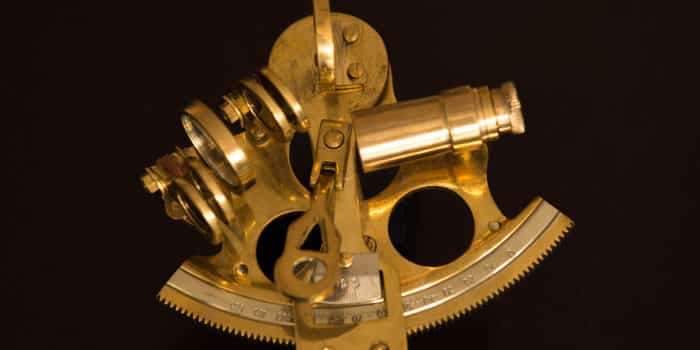By Forbes
How do you teach a computer what a good strawberry looks like? According to AgShif (Milltrust Cerracap investee company) founder and CEO Miku Jha, whose company is innovating food inspections with deep learning, you do it the same way you train a three year old. “You give them a ping pong ball and an egg, and you keep telling them, ‘this is a ball, this is an egg, this is a ball, this is an egg.’ Both are white, but eventually you figure it out. That’s how our minds are wired,” she said.
Training a strawberry-inspecting AI program follows that same logic: “We take hundreds of images of bruises in a strawberry, and we keep training the model that this is a bruise. ‘Good berry, bad berry, good berry, bad berry.’ That’s it,” she said.
Jha was a part of a panel on automation moderated by Forbes associate editor Alex Knapp on Thursday at the 2019 Forbes AgTech Summit in Salinas, California. She spoke alongside George Kellerman, CEO and managing director of Yamaha Motor’s venture capital arm Yamaha Motor Ventures; Arama Kukutai, cofounder and partner of agtech-focused VC firm Finistere Ventures; and Thomas Palomares, cofounder and CTO of agricultural automation company Farmwise. Panelists discussed whether robots are stealing jobs, and the challenges of building AI, securing VC funding, and looking beyond the United States.
The growing intersection between Silicon Valley’s technology and the Salinas Valley’s agriculture hasn’t extended to Silicon Valley’s VC money. Agtech struggles to find investment because it takes longer to grow companies, and also because most investors are “sheep,” Kellerman said. Traditional venture capitalists are opportunistic, following the crowd and chasing the “dumb money.” He argues that agtech companies need VC firms that understand “patient capital,” making a long term investment instead of expecting a quick profit.
A major reason agtech can’t iterate as quickly as software is because companies can’t test their innovations year-round. They’re limited by harvesting periods that last only a few months per year. California, especially the Salinas Valley, is a prime location to counter this problem because the area has low seasonality, said Palomares, who made the 2019 Forbes 30 Under 30 Manufacturing and Industry List for Farmwise. The company uses robots with computer vision and deep learning capabilities to remove weeds with herbicides. Palomares said the company aimed for weeding first because it isn’t as limited by seasons.
Companies bound by harvesting cycles do have other options. It’s a big reason why Kellerman and Kukutai have invested abroad, in such countries as New Zealand and Ireland. Kellerman recalled an early investment in Abundant Robotics, which creates robotic harvesters for apple, which have a mere two-month harvest window every year. “What was interesting is the first iteration of the product, they designed it specifically to fit in a shipping container so they could pack it up and take it to Australia and do another season,” he said.




